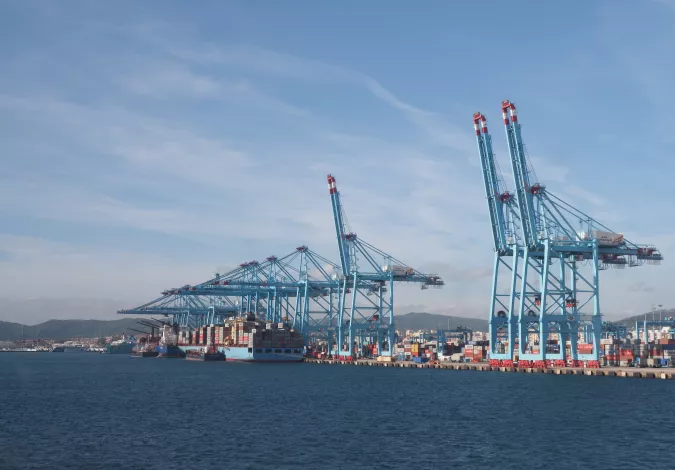Context of the project
As part of the Better Training for Safer Food programme, the Veterinary and Food Safety Imports in Border Control Posts training course presents the European Union's norms relating to import control procedures for live animals, food of animal origin and composite products as well as animal by-products and genetics.
The training course consists of 6 online sessions of eight half-days and 12 face-to-face sessions of four full days covering relevant aspects of import controls of live animals, food of animal origin and composite products as well as animal by-products and genetics at border control posts in 4 countries with international border control posts: France (Paris Roissy-CDG Airport), Belgium (Port of Antwerp), Spain (Port of Algeciras), Netherlands (Amsterdam Airport).
As part of this mission, SHER Ingénieurs-Conseils (JVL Consulting) is undertaking the following activities:
Area 1: Drafting three training programmes and the content of the training sessions
The training course covers the following topics :
- EU norms for the control of imports of live animals, food of animal origin and composite products as well as animal by-products and genetics at border control posts :
- in the field of live animals, rules relating to welfare and other environmental areas (CITES, invasive alien species), the world of equidae, non-commercial imports of pets and unauthorised animals
- in the field of food of animal origin, rules relating to composite products, personal imports (baggage, postal parcels/couriers) and surveillance plans
- in the field of animal by-products and genetics, rules relating to samples, personal imports (baggage, postal parcels/couriers) and the destruction of catering waste and other animal product waste from ships and planes and other means of transport
- Good practices for controlling imports/transits of products (documentary checks, reintroduction of consignments in the EU, channelling, sampling of consignments, laboratory tests, reinforced checks, non-compliant consignments, etc.).
- Procedures for cooperation with customs services, intelligence gathering, risk assessment procedures and exchange of information with other competent authorities (e.g. road traffic)
- Use of IT systems (TRACES)
Area 2: Implementation of the logistical aspects of the training sessions
- Selection, coordination and briefing of the tutors
- Promotional and communication activities
- Management of travel and accommodation for participants and tutors
- Logistical arrangements and support
